
A newly launched human trial will test whether gene-edited tomatoes can boost participants’ vitamin D levels. The UK-based researchers behind the trial hope that their biofortified tomatoes could help to address vitamin D deficiency, which they say affects almost one billion people worldwide.
Vitamin D plays an important role in calcium and phosphorus uptake in the body and helps to keep our bones, teeth and muscles healthy. Low levels have been linked to depression, dementia and some cancers. While the compound is produced naturally in the skin when the sun shines on it, many people become deficient during the winter months. Vegans and vegetarians can also be at increased risk of vitamin D deficiency as there are few plant-based sources of the vitamin.
Now, researchers from the John Innes Centre in Norwich are planning to test whether gene-edited tomatoes could provide a new way for people to raise their vitamin D levels. The edited tomato plants have been designed to accumulate high levels of a vitamin D precursor in their fruit and leaves. This precursor is converted into vitamin D3 when exposed to light, with the researchers noting that each ripened tomato has as much vitamin D as two eggs or 28g of tuna. They now want to find out how successfully the vitamin is taken up by the body when the tomatoes are consumed, and whether they increase the levels of active vitamin D in the bloodstream.
The new trial will recruit 76 participants with vitamin D deficiency. Each participant will consume a portion of tomato soup every day for three weeks and will wear a UV monitor to measure how much sunlight they are exposed to. Some of the participants will be given control soups made with ordinary tomatoes instead of the gene-edited ones, although they won’t know which soup they’ve been given.
‘People often take vitamin supplements, but new breeding techniques mean that in the future this already healthy, fresh food that lots of people eat could be fortified with micronutrients from day one, with the potential to help boost the health of all of us,’ said project leader Cathie Martin in a statement published on the UKRI website.
The same researchers have previously commercialised genetically modified purple tomatoes that contain increased levels of antioxidants.






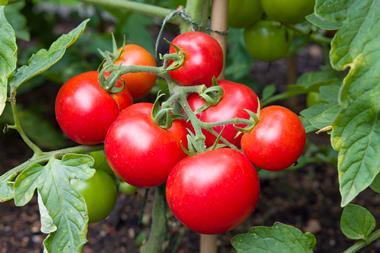
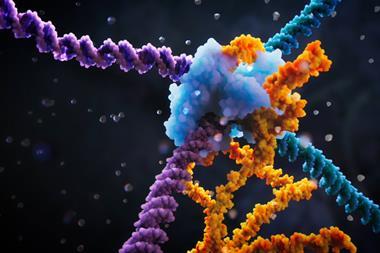
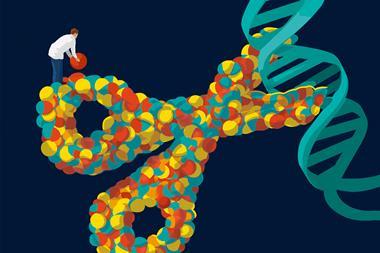
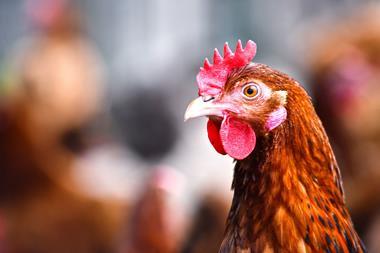
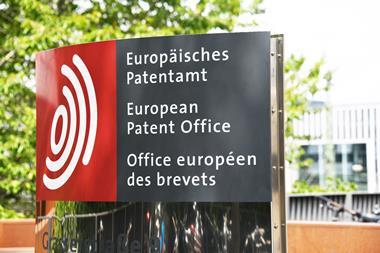






No comments yet